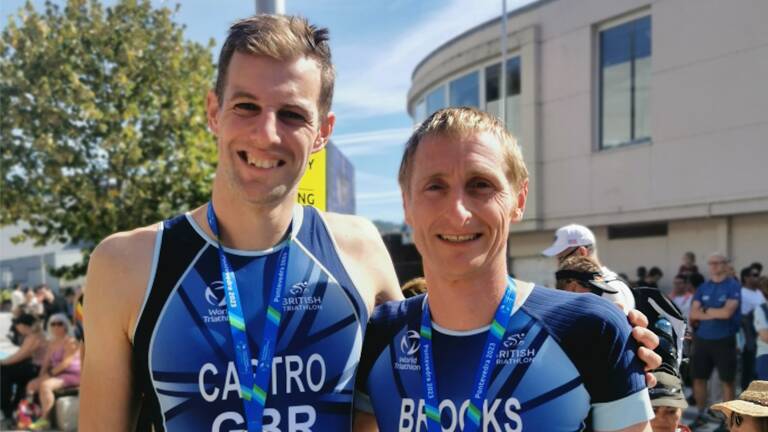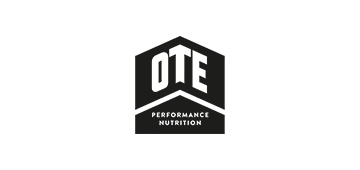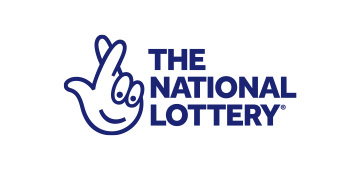Dr Dean Hardie, GP, triathlete and triathlon coach, explains the health and wellbeing benefits of taking part in triathlon.
Having been a GP for 30 years with an interest in sports medicine, an active triathlete representing the GB Age Group Team and a British Triathlon Level 3 coach; I know there are so many benefits exercise can have on our physical and mental wellbeing. It goes without saying that I would recommend regular physical activity for most individuals.
I’ve seen for myself the positive benefits sport can have from a medical/health perspective, and, on the flip side, I’ve seen the problems physical inactivity and social isolation can cause too.
Triathlon and its individual activities really are the perfect combination to enhance health wellbeing. If it could be prescribed as a tablet it would undoubtedly be the most powerful drug ever invented!
Young children can get into triathlon through their local clubs (most seem to have a children’s section these days) and some schools are now engaging in triathlon as well as the individual sports of swimming, cycling and running.
Adults with or without a sporting background can invariably start somewhere. That may involve starting off exercising on their own, getting involved with GO TRI, taking on a Permitted Event or joining a triathlon club.
There are so many reasons why I would recommend an individual get involved with triathlon related activity. It could be purely for general health benefit gains; to help specific medical conditions; directing someone from an old sport they can no longer engage in for whatever reason; or simply for the social engagement that it could bring to someone’s life.
I’ve been involved in triathlon for nearly 20 years. I used to play a lot of squash until a shoulder injury when snowboarding, after which I started going to the gym to swim, use the treadmill and static bikes – you can see where this led! I joined a local triathlon club and the rest is history. Keen to help as many people as I could I became a triathlon coach. Over the years I’ve encouraged many people (both friends and patients) to take up our great sport and seen them flourish.
Triathlon has played a large part in my life. I’ve competed as a GB age group athlete and met many fantastic and interesting people along the way and visited numerous places I never would have gone to otherwise. No doubt there has also been a massive impact on my general health and wellbeing too. I hope I can keep at it for many years to come!
EVENT SEARCH GO TRI CLUB SEARCH
More information on the benefits of triathlon on your physical health
Dr Dean Hardie, GP, triathlete and triathlon coach, explains the health and wellbeing benefits of taking part in triathlon.
General effects of regular exercise include
- Weight control. Obesity is an increasing problem in the modern world and exercise can help fight this. Exercising (both aerobic and resistance training) increases our bodies metabolic rate and burns calories which combined with a healthy diet can result in weight loss in overweight athletes and maintain healthy weights in others
- Muscles and bones. Exercise helps strengthen our bones and muscles, whilst inactivity has the opposite effect. The older we get the more apparent this becomes, and regular exercise helps to improve muscle mass and strength, reduce body fat and reduce the risk of osteoporosis (thinning and weakening of the bones). The best exercises for helping to improve bone density and prevent osteoporosis are running and strength training as these cause more stress on the skeleton than swimming and cycling
- Emotional health. It has been shown that regular aerobic exercise has a positive effect on our mood and helps reduce stress, anxiety and depression
- Sleep. Numerous studies have shown that exercise has positive benefits to our sleep patterns and sleep quality
- Cognitive function. Regular exercise does improve brain function and memory and the risk of developing Alzheimer’s disease (dementia) is reduced
- Increased energy levels. This is true for the general population as well as some athletes/patients who suffer from chronic debilitating conditions.
More specific effects of regular exercise include but are not limited to:
- Blood pressure control. Patients with hypertension (high blood pressure) can often see significant improvements in their blood pressures, and in many cases, can result in those on medication either reducing the doses or coming off them altogether.
- Lower risk of type 2 diabetes. Obesity and inactivity are major risk factors for type 2 diabetes which comes with a whole host of other secondary medical conditions. Regular exercising helps with obesity as we know thus reducing the risk of developing this very serious and life shortening condition. The good news as well though is that those who already have the condition can ‘cure’ themselves by exercising and losing weight.
- Lower risk of coronary heart disease (heart attacks and angina) and strokes. Regular exercise has a significant role to play in reducing the risk of both these serious medical conditions.
- Lower cancer risk. Certain cancers have been linked to inactivity and obesity such as breast and colon.
- Lower risk of premature death. Generally speaking, engaging in regular aerobic exercising prolongs life. Reasons for this are multifactorial but include, the reduction in risk of the above conditions, improvements in BMI (body mass index), improvements in mental health and improvements in lifestyle (alcohol, smoking, diet etc).
- Lower risk of accidental falls. Older individuals are increasingly likely to fall and injure themselves due to general musculoskeletal weakening and poor coordination – by exercising regularly these are improved significantly.
- Lower risk of depression. As mentioned before, exercise has a positive impact on our mood and reduces stress and anxiety. It can reduce the risks of developing clinical depression and can help towards treating the condition if it has already developed.
For more information on the benefits of triathlon on your mental wellbeing click here.


















